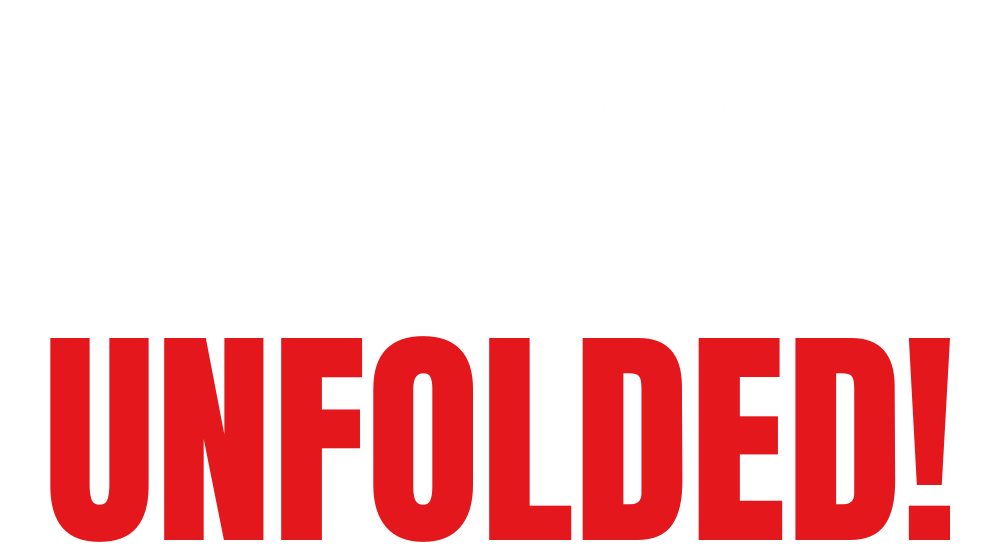The notorious suburban Chicago mansion as soon as owned by R. Kelly, nicknamed the “Chocolate Manufacturing unit,” has lastly bought for practically $1.6 million, years after falling into disrepair and foreclosures. The sale worth was lower than half of the $3.5 million asking worth initially listed by the late Rudolph Isley of The Isley Brothers and his spouse, Elaine.
Positioned in Olympia Fields, the 21,000-square-foot property turned each a inventive sanctuary and the backdrop to a few of the most troubling allegations tied to Kelly’s profession. The singer recorded a number of initiatives within the mansion’s personal studio, however the property later took on a darker legacy as particulars from his federal trials revealed what reportedly occurred behind its gates.
After Kelly misplaced the house to foreclosures in 2013, it was bought by Rudolph and Elaine Isley for $587,500. The couple spent years restoring the mansion, reworking it from a uncared for property affected by flooding and mould into an expensive residence. The house featured daring inside themes, together with an indoor pool surrounded by jungle décor and a bed room designed to resemble a Chicago Bulls health club.
When Rudolph Isley handed away in 2023, Elaine listed the property on the market. Regardless of in depth renovations and its distinctive superstar historical past, the property bought for lower than half its listed worth. Actual property agent Alex Wolking of Keller Williams ONEChicago defined that steep property taxes—as soon as reaching over $250,000 a 12 months—made the mansion tough to promote. Even after a tax enchantment, annual prices remained excessive.
Nonetheless, Wolking mentioned the house’s storied previous drew curiosity from patrons. “The R. Kelly consideration really helped promote it,” he advised The New York Publish. “Add within the Isley Brothers connection, and you’ve got a property that’s not like anything within the Midwest.”
The mansion’s popularity was reignited throughout Kelly’s 2021 federal trial when his former assistant, Anthony Navarro, testified concerning the disturbing surroundings inside the house. He described it as “a unique world,” the place strict guidelines ruled the motion of girls contained in the property.
Now, with its sale full, the so-called “Chocolate Manufacturing unit” closes one other chapter in Chicago’s sophisticated musical and cultural historical past—one outlined by each inventive success and lasting infamy.




